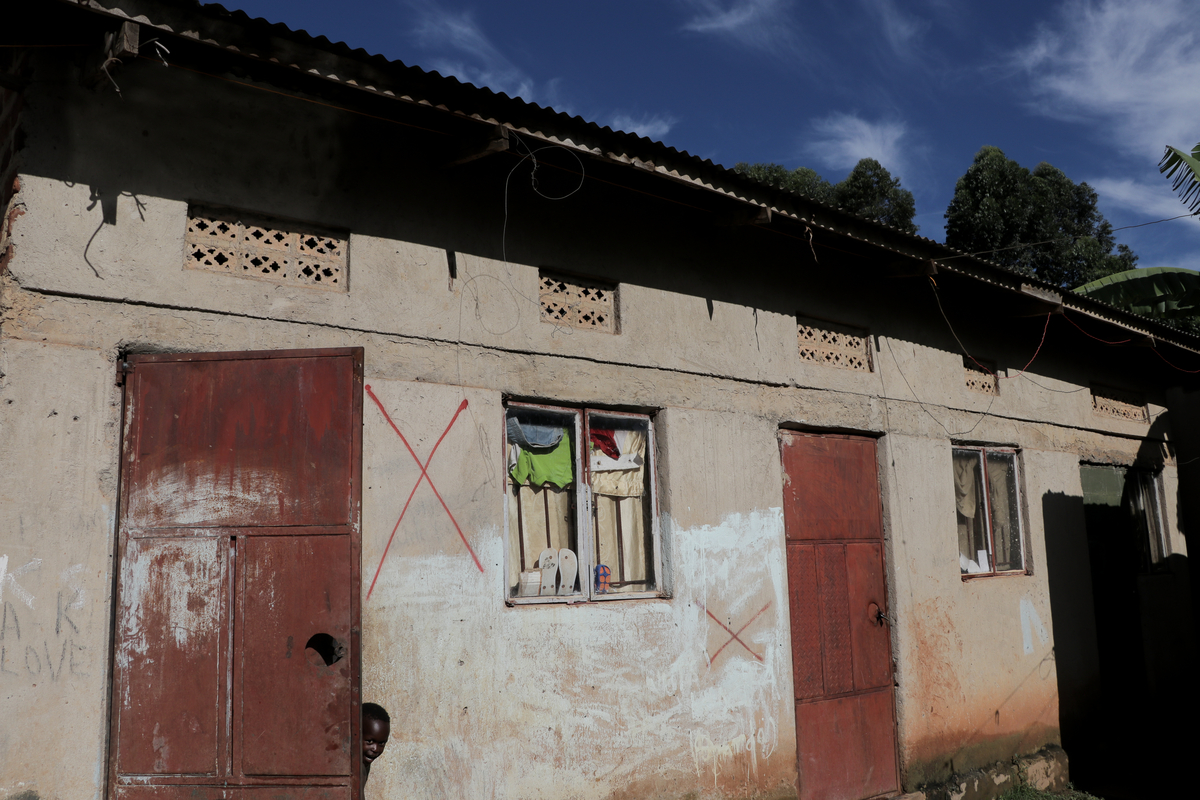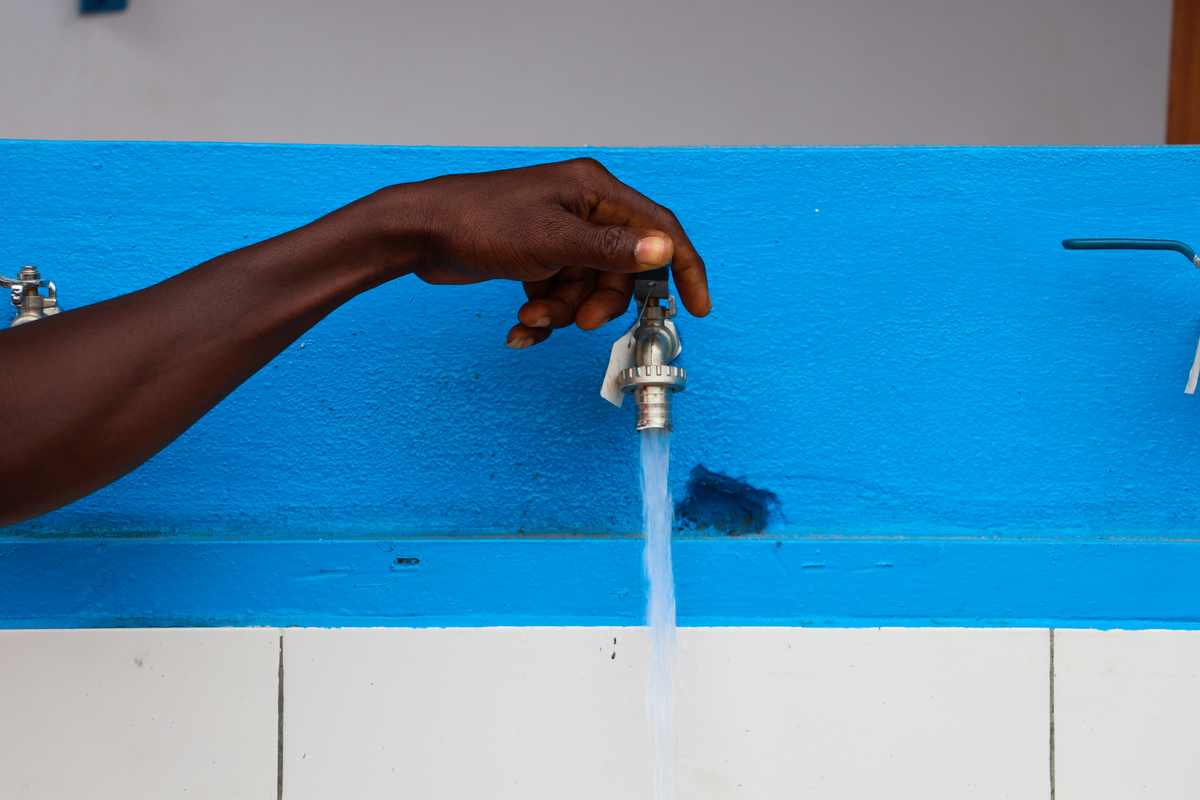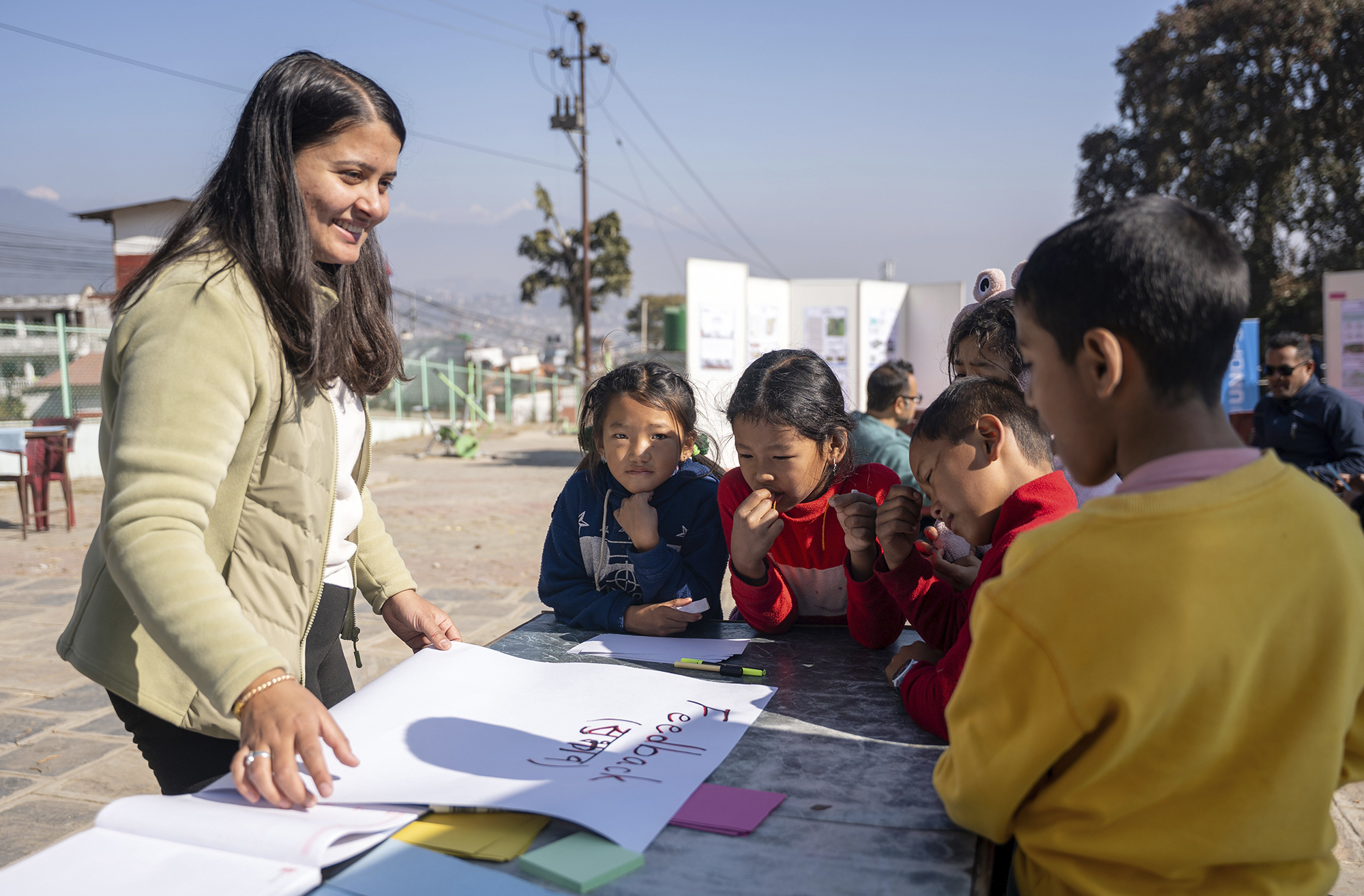By Julian Baskin, Principal Urban Advisor, Cities Alliance
Originally published by URBANET
Urban planning for healthier cities has existed for millennia. Yet the current pandemic lays bare the truth: a billion people cannot comply with even the most basic containment strategies. Julian Baskin, expert in participatory urban planning, explains what is going on and how to move forward.
When the Coronavirus was declared a pandemic earlier this year, the advice given by the World Health Organization was lockdown, stay home, distance yourself and, of course, wash your hands.
Who would have thought that for a billion people such advice remains too great a challenge? In light of thirty years of sustained global economic growth, the big question we must ask is: Why? Why is it a seventh of the world’s population cannot easily comply with global guidelines tackling the pandemic? Why is it that for most of the developing world, vast communities live in slums without access to decent housing or basic sanitation?
After all, what needs to be done is by no means new. Ancient archaeological sites show that city planning existed in the third millennium BC, and flushed toilets were found in Ancient Greece already during the Bronze Age. For centuries human beings have known that there is a connection between certain diseases and social conditions, even if they didn’t know precisely what it was. Historically, the fear of contagion was real: if someone got sick, everyone got sick. Money for infrastructure was readily available because the rich knew then that their lives depended on the health of the poor. So, why are we in this predicament now, centuries later?
The Massive Global Increase in Inequality
Indeed, today in our high-tech world we can still find vast urban settlements across the developing world without even the most rudimentary water and sanitation systems as well as communities that are dependent on charcoal for household energy. Respiratory disease, tuberculosis and cholera remain persistent health problems in Sub-Saharan Africa and worldwide. Could it be that the mass production of antibiotics somehow enabled the shift away from worrying about citywide public health? Certainly, it reduced the fear of infectious diseases.
Without this pressure of contagion, far too many countries have for too long invested only minimally in urban infrastructure, forcing households to find their own solutions. Obviously, households with financial resources fare better than the poor, which reinforces spatial and social inequality, especially in the developing world, with disastrous implications. As inequality grows, the walls around residential properties simply become higher and more fortified. As roads deteriorate, bigger and stronger cars are imported. When national education and health systems collapse, they are replaced by high-quality medical and educational services sourced overseas.
Over time certain groups within the city grew increasingly independent, needing nothing from the local state: everything from electricity, water, to security services, is accessed through private on-site solutions. To the extent that even the middle class, with some political muscle, cannot afford the luxury of big vehicles or travel over-seas for health and education. These and other municipal services have been provided often by the private sector to the few who can afford them. With decreased public investment in accessible urban infrastructure, partly due to the reduced fear of contagion, inequality has thus increased massively, leading to less and less tangible interest in how the urban poor live.

COVID-19: The Bubble has Burst
The Coronavirus has finally burst the bubble and it is now clear that climate change, and increased global pressure on depleting natural resources, are creating the breeding ground for new viruses, the spread of which cannot be stopped by antibiotics. Future public health will depend on the ability to slow down infections by adopting the WHO advice.
In a globalised world, the public health system is only as strong as its weakest link, which includes the 1 billion people living in slums. COVID-19 highlights that everyone needs services from the local state, yet the local state has often been left deprived of the skills and resources it needs to effectively intervene. Now, parallel to the renewed fear of contagion, there are suddenly signs of renewed political will which we must strongly support.
This is a daunting challenge as cities in the developing world face massive infrastructure backlogs that will continue to grow and will undermine the provision of basic public health. This becomes even more alarming considering that by 2050 some 70 per cent of the world’s population will live in cities.

Mobilise Political Will and Effective Partnerships
However, we cannot afford to take anything as an excuse for inaction: neither rising rates of urbanisation nor the fact that countries marginal to the global economy (like most of Sub-Saharan Africa) are simply unable to mobilise the huge resources needed to invest in city infrastructure. As a matter of fact, there is much that can still be done.
The experience of Cities Alliance is that where slum dwellers are organised and actively engage as a coherent constituency, and work in partnership with capacitated local and national authorities, rapid progress is indeed possible. With political will and effective partnerships, the long journey to city transformation can be achieved. If the global community wishes to be transformative, it needs to move beyond ad-hoc slum upgrading projects which typically ignore the challenge that slum dwellers are constantly scattered and impoverished through forced evictions.
Instead, in order to better fight future contagion, it may help to form a broad-based coalition that supports the building of local government institutional capacity to deliver security of tenure backed up with the financing for small-scale community infrastructure – and that empowers the urban poor to find its own voice, and space, within a truly inclusive city.





